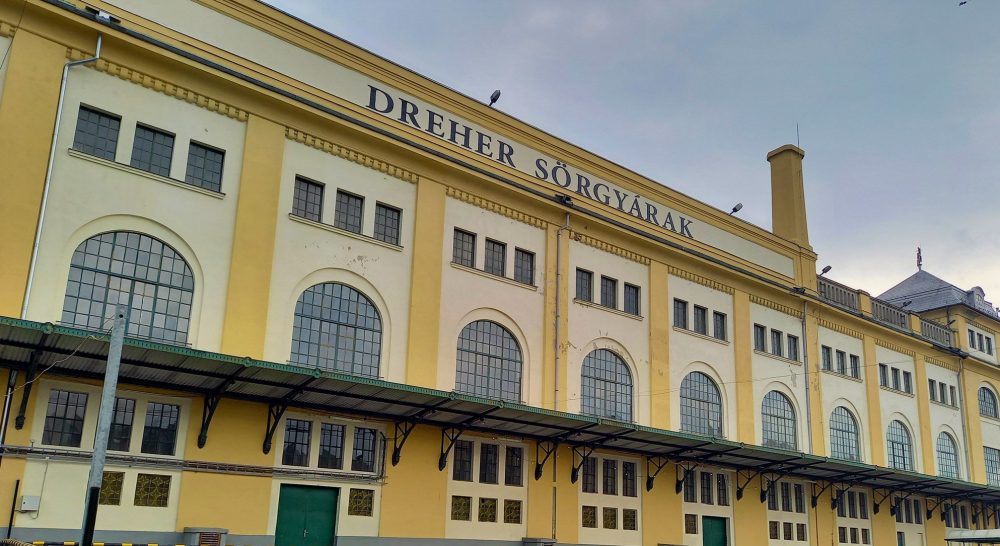
The Hungarian breweries will be modernized with a HUF 100 billion investment.Continue reading

Falling prices for raw materials such as malt and hops do not justify further increases in the price of beer, says Zsolt Gyenge, a major figure in the small-scale brewing sector. The fact that the biggest waves of the energy crisis have been smoothed out, making it easier to afford increases in packaging materials, transport and labor costs, is another argument in favor of keeping prices stable, writes Index.
Press reports suggest that further price increases in breweries are inevitable, but industry players are trying to contain price increases at around 8-10%. The explanation given for this is the weak forint, inflation, and rising costs for raw materials, but Zsolt Gyenge, owner of Foti Craft Brewery, says it is unfounded.
The forint has been trading above 430 against the euro, but in recent times it has been trading around 380 or even below. Inflation already fell below 10% by October (9.9%), and was even lower in November (7.9%). The Hungarian Central Statistical Office (KSH) will publish its December and annual data on consumer prices on Friday.
However, speaking of statistics,
last year was indeed a year of beer prices above 30%, based on KSH data, with the peak in April 2023 at 39.6%, in line with the average food inflation at that time (37.9%).
Gyenge, who is also the resigning president of the Association of Small Breweries (KSE), has refuted the rise in raw material prices: “Compared to previous years of drought, last year’s cereal harvest was particularly good, with the result that barley malt was 20-25% cheaper than in the reference period a year earlier. The price of hops, the spice for beer, has also fallen, by around 10% for the more popular varieties.”
Turning to energy prices, he recalled that electricity and gas prices went down in 2022, and those who did not sign contracts at the high rates of late 2022 or early 2023, but waited it out, were in a favorable position. This means that they no longer have to pay six to eight times higher electricity bills.
He also said that transport costs have indeed increased, as have wages, and there is a shortage of packaging materials that has also driven up purchase prices. However, this has been offset by positive developments in raw material prices, and he is confident that last year’s prices can be maintained this year.
And what can consumers expect to see this year? Gyenge thinks that
small-scale draft beer below HUF 1,000 (1 EUR = 379 HUF) or even HUF 800-900 is still not out of the ordinary in Hungary, but at festivals, for example, you are unlikely to see prices below HUF 1,000-1,500 per pint.
Via Index, Featured image: Pexels